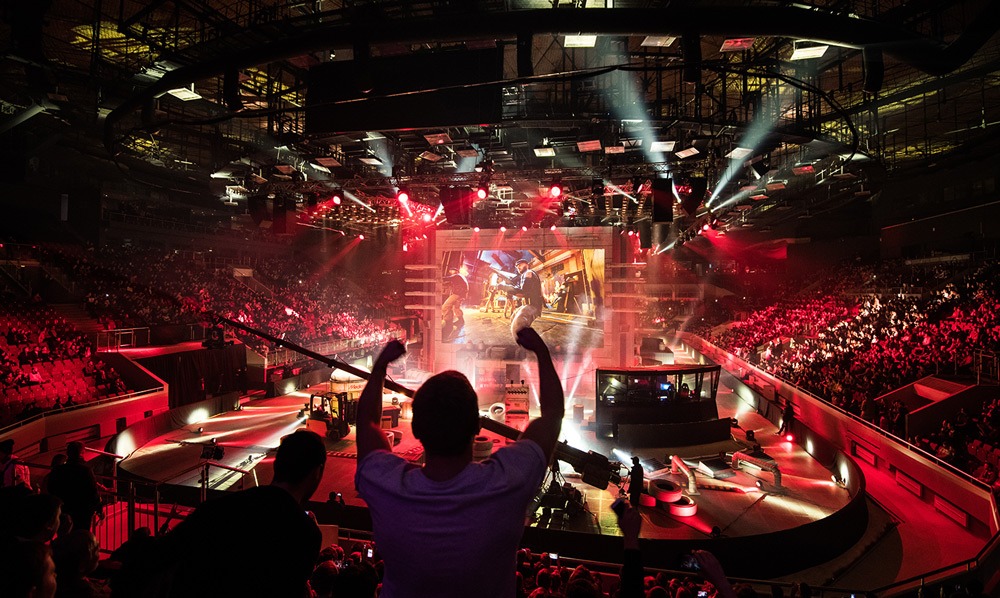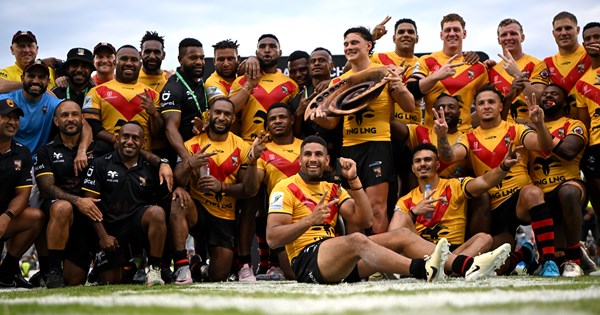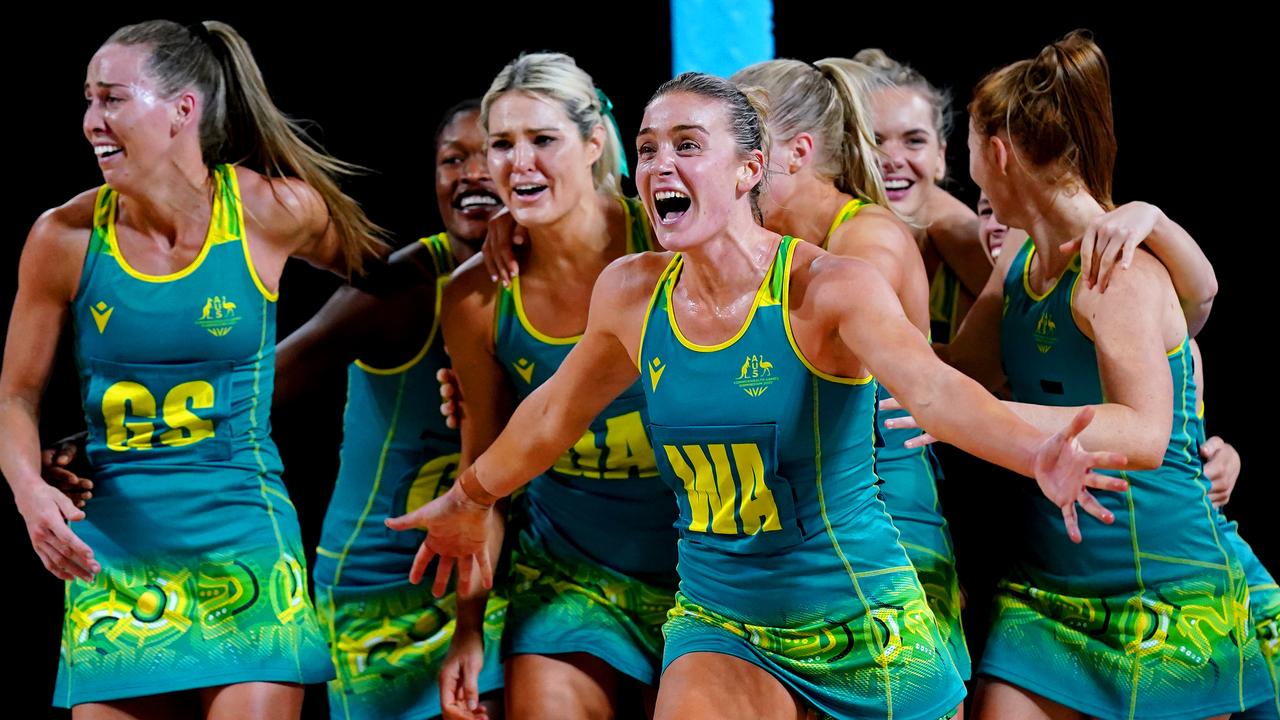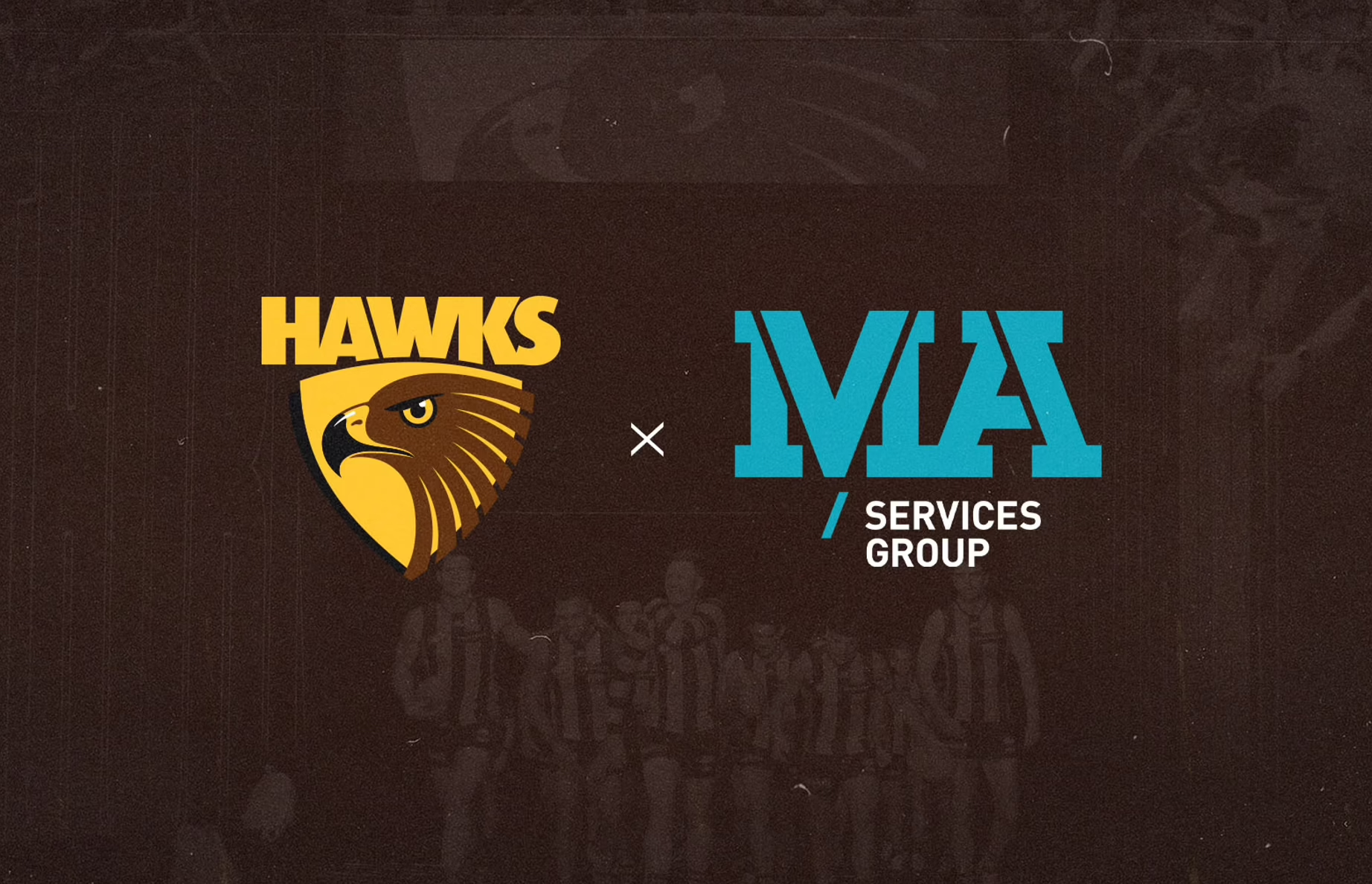[mkdf_dropcaps type=”normal” color=”#f55549″ background_color=””]I[/mkdf_dropcaps]
n an exclusive interview with Ministry of Sport, ECAL CEO, Patrick Barrett, said COVID-19 has created a new audience for a lot of traditional sports with the acceleration of esports, and that audience won’t go away.
“I think they were doing it anyway, they were all largely dipping their toes into the water with a good degree of success, but it certainly wasn’t their core business,” Barrett told Ministry of Sport, discussing how traditional sports integrated esports events during the suspension of live sport due to COVID-19.
“The changes you will see is that COVID-19 has fast-tracked the development of a significant new audience for a lot of those traditional sports, and esports has quickly become a very valid events program and one they will continue to run in parallel more frequently than they otherwise would have.
“If you think about what consumers are doing in these lockdown periods, they’re on the internet.
“The rise in gaming is huge, it was already happening, but this has certainly fast-tracked a new generation of sports participants and fans that are highly engaged in esports content, I don’t think that audience will go away.
“I think pairing with other esports offerings is going to be a key driver going into the future, the media landscape and rights are going to change dramatically, there’s a lot of brands that pay a lot of money for sports rights and I think that dynamic is going to change,” he said, when asked how the sports industry will look in the post-COVID-19 world.
“I think the way people consume content on media and streaming will change.
“It will become much more personalised and much more bite-sized.
“I think you will see a lot more hyper-personalisation and in-moment transactions for rights holders.
“I don’t think COVID-19 and what’s happened will disappear anytime soon, the businesses have been really quick to prepare themselves for COVID and the return to sport under different conditions.
“You’ve seen the concept of virtual fans from the likes of the NBA which is really interesting, that could develop further and have ticketing elements added to it and have all different sorts of interactivity added to it,” Barrett said.
When COVID-19 forced the majority of sporting competitions around the world to close their doors, suspend, or cancel their seasons, ECAL, the global calendar communications and marketing platform, saw an even greater success in the use of its platform, helping the English Premier League, Formula E, and the NBA launch their esports tournaments.
In Australia, the AFL and NRL in particular have used ECAL’s platform to handle constant interruptions and rescheduling since their returns to actions, something Barrett said might not have been successful with traditional communication methods.
“ECAL makes it a whole lot easier, the danger with rapidly changing schedules like we’ve seen since sport has come back is keeping consumers up to date,” Barrett said.
“By having that direct line of communication with the calendar, that event may have been rescheduled but will pop up at the exact time a consumer needs to know so they can engage and plan for that event.
“The danger with other communications is it can be a hit or miss, 80% of the people you send an email out to might not open it.
“ECAL provides publishers with a direct line of communication to their users that is the most suitable for event-based communications.
“70% of adults rely on their digital calendar most to manage their lives.
“When you’re trying to market and communicate your events, they logically live within a calendar, so to publish and communicate those, and at the right time to the right people, they certainly have a greater cut-through and a greater deal of business success from those communications.
“It is very applicable for the sports industry.
“It’s got to a point for a lot of sports organisations where its seen to be a must-have feature, the demand from the consumer side is that this feature is expected for the sheer convenience of having their favourite events synced into personal calendars.
“The calendar communications are quite different to email communications in that the sense of control sits with the consumer.
“As the consumer you have the control to choose exactly what content you want to have from the publisher and sync that with your personal digital calendar.
“The control risk with the consumer, is you don’t have a public calendar address the publisher can sort of spam and use more of a scatter gun approach to communications, you get 100% relevancy of communications and I think that’s really key,” he said.
The digital calendar is evidently adding even more personalisation value for sport consumers, but also adding more flexibility for rights holders, something undoubtedly appreciated by everyone in the new digital age of the sport industry.







